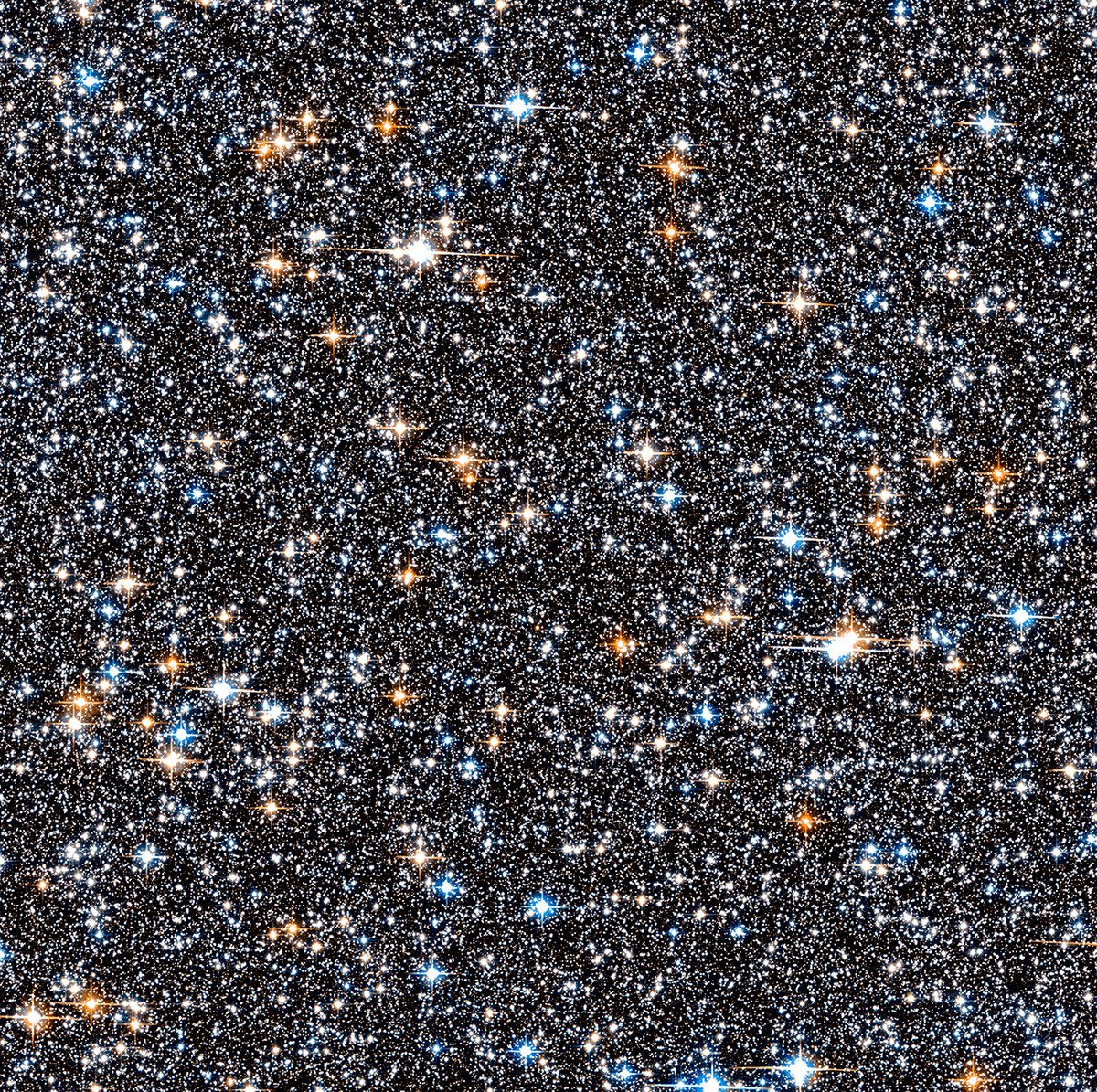WHERE ARE WE?
Galaxies (not stars) in a small section of the known universe.
It has been estimated that there are about 100 billion galaxies in the observable universe. But using recent surveys taken by the Hubble Deep Space Telescope, astronomers have come to the astonishing conclusion that there are at least 10 times that many. This places the number at 2 trillion galaxies!
To give you an idea of the distance between them and where we are in that unimaginable number, can you see the pale blue dot near the right side of the picture below? That is earth as seen from NASA’s Voyager 1 spacecraft at a distance of 3.7 billion miles.
This is where we live - where everyone who has ever lived, has lived - on the outer edge of one of those galaxies we call the Milky Way - third from a rather non-descript star we call our sun, which isn’t even in the picture. All alone, as Carl Sagan said, “on a mote of dust in the vast emptiness of space”.
And we can’t seem to get along with each other no matter what we do, or how long we’ve tried. Why? How is it possible that we can’t embrace each other as members of our own human family?
I’ve come to the conclusion that it has to start with our religions, our disagreements about who God is, and how we relate to him. If we don’t agree about that, nothing on this planet is ever going to work right.
All the world’s great religions insist that God lives in a supernatural realm apart from his creation. It is called Separation Theology and it produces Separation Psychology. If we aren’t all connected to God we can’t be connected to each other. So we must be separate from each other. Separation Psychology then produces Separation Sociology - that is, societies who believe themselves to be “other than” and “in competition with” neighboring societies. Ultimately, over sufficient periods of time, Separation Sociology produces Separation Anxiety and Separation Pathology - that is abnormal behaviors of competition, greed and violence which we see everywhere on our planet today. *
It is clear that these ideas of separation are not producing the peace on earth that man aspires to. In fact they are producing the opposite. Closing borders, building walls, and restricting immigration are all signs of a surging trend toward Nationalism that threatens world peace. It demands loyalty to one’s own nation above all others and the promotion of its culture with disregard for, and in defiance of other nations or international groups.
A new understanding and acceptance of Globalism is what the world needs now. But its not coming easy. The idea itself is scorned by my own Christian faith. I have friends and family members who believe One World is the sign of the anti-Christ - the natural consequence of forgetting God and his commandments. They say what we need instead is a world-wide return to God. The problem is the world can’t seem to agree on who God is, what God wants, or what God will do if he doesn’t get what he wants, the result of which is 4,200 different religions and 200 different Christian churches, all telling us different things about him. The world would change overnight if we could come to an agreement about who God is.
If we are honest, and have the courage, the question we need to be asking now, is this. Is it possible that there is something we don't fully understand about God and about life, the understanding of which would change everything for the better? *
I intend to address that question here.
*I quote here, and will often, with permission from author and friend, Neale Donald Walsch (Conversations with God). He told me these ideas are meant to be repeated, paraphrased and offered in new ways wherever, and whenever possible.


